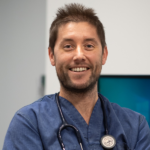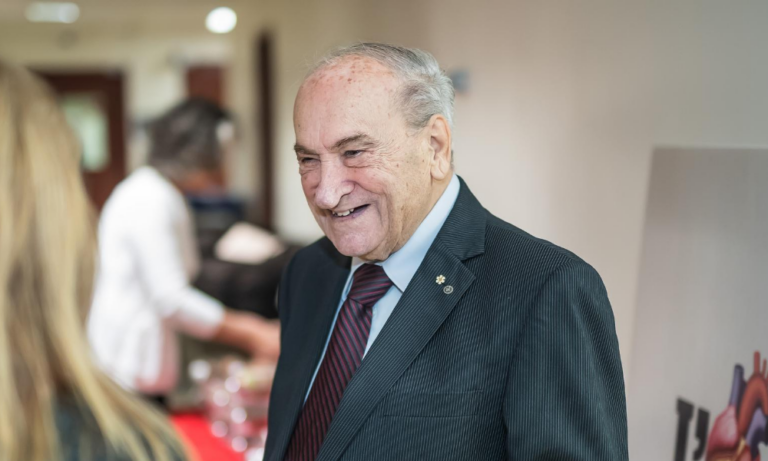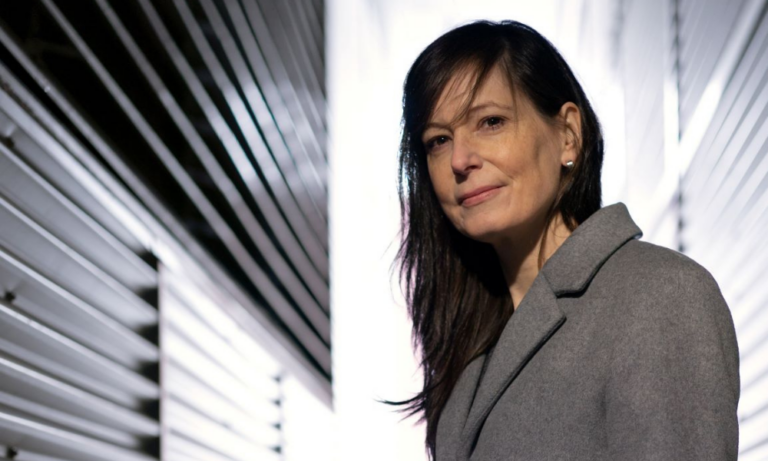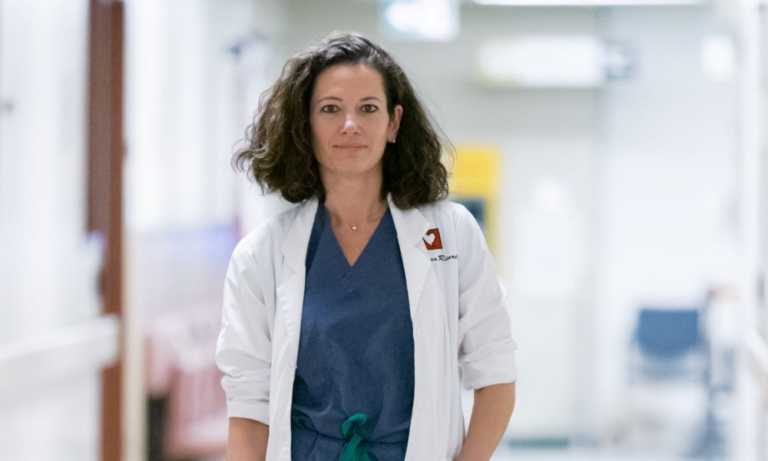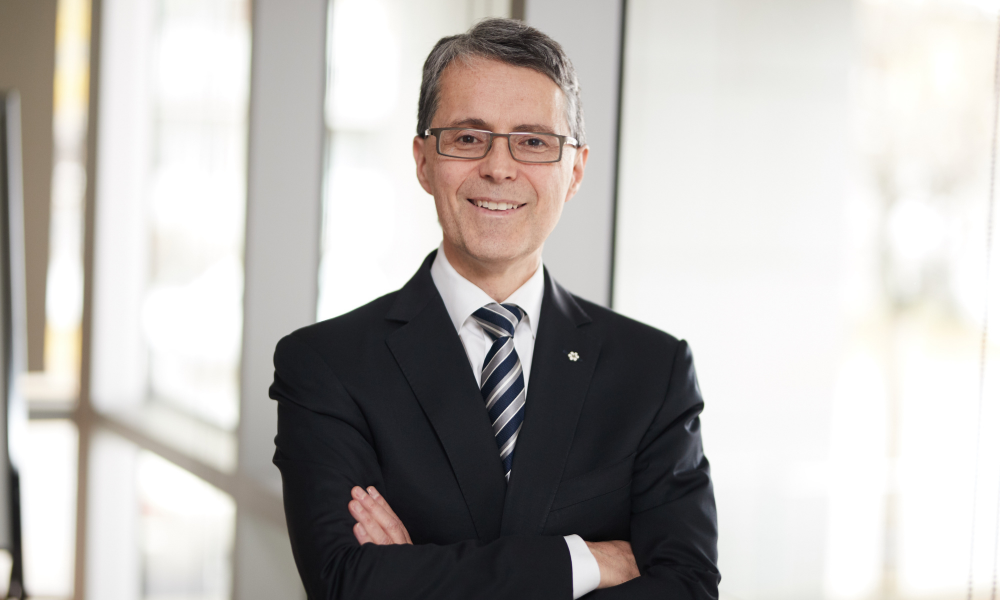
This article is adapted from the second edition of the Foundation’s magazine
Interview on the future of cardiovascular medicine with Dr. Jean-Claude Tardif, Director of the Montreal Heart Institute’s Research Centre.
“I’m not afraid to dream,” said Dr. Tardif, a cardiologist who has had an immense impact on how cardiovascular diseases are treated, including recently with the COLCOT study on the use of colchicine. Dr. Tardif is someone who always aims high.
Back in 2004, Dr. Tardif wanted the Institute to focus more on genetics which he believed was the future of medicine. It is a science that enables research teams to better understand the building blocks of each individual human to better predict their potential to develop diseases and thereby prevent them. “I said we were going to create a pharmacogenomics centre. Everyone thought I was kidding.” But this hard-working professional who has authored more than 600 scientific articles was not deterred. Two years later, nearly $60 million had been raised for the project. The Beaulieu-Saucier Pharmacogenomics Centre officially opened in 2008 and just like the Research Centre, it has developed an international reputation for excellence.
Areas of expertise come together
This success is due in large part to the Research Centre’s highly skilled teams. “Some directors say that the cast is the key to making a good movie. The same goes for a research centre! I believe the quality of researchers determines the outcome,” said Dr. Tardif. According to him, when different areas of expertise come together, teams can come up with new ideas and view problems in a different light. That’s what the Research Centre is all about. “I’m trying to foster collaborations between basic and clinical researchers. There is an immense potential for success in this type of partnership,” said the holder of the Canada Research Chair in Translational and Personalized Medicine. And when their research environment features cutting-edge equipment and efficient infrastructures, teams are primed to make discoveries that can change the future of medicine.
On the cusp of a medical revolution
Now more than ever, Dr. Tardif is convinced that breakthroughs in genetics will shape the future of medicine. “This revolution is within grasp. We have the talent, expertise, and technology. If we are able to meet all the conditions for success, over the next 10 years, we could cut the rate of incidents caused by cardiovascular diseases by 50%.”
Dr. Tardif is also hopeful for what comes next. He dreams that one day we can prevent cognitive decline and dementia so citizens can remain healthy for longer. Because the brain and heart are inextricably linked, research in the cardiovascular field will play a key role to this effect. “As Director of the Research Centre, I’ve been given the opportunity to carry on the legacies of important figures such as Dr. Paul David, Dr. Martial Bourassa, and Dr. Stanley Nattel. I have been immensely inspired by these men who were responsible for major advances in research, and I believe it is our duty to pursue their work.”
Are you sensitive to the needs of patients and want to support research?
donate today



